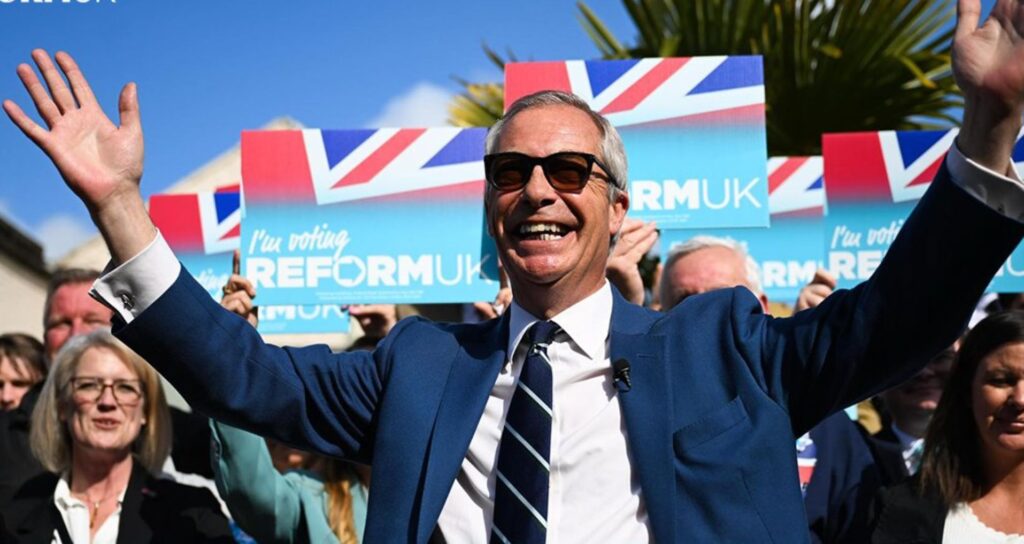It was in the early 1990s when one of Bill Clinton’s strategists coined the phrase: “It’s the economy, stupid.”
With a general election looming on this side of the Atlantic and the economy consistently topping the list of voters’ priorities, it’s perhaps no surprise that politicians on both sides of the border are engaged in an open battle to secure the support of business.
On becoming Scotland’s first minister, Humza Yousaf made business engagement one of his priorities, acknowledging that the SNP’s business relations needed a reset. Meanwhile Rishi Sunak and Jeremy Hunt spent last year trying to shed the stain of a previous Conservative prime minister’s promises to “f*** business”, with a focus on securing new global investment and more market listings in the UK.
But it is arguably Labour — desperate to demonstrate their economic credentials — who are making the most effort to secure the backing of business. Shadow ministers such as Rachel Reeves and Jonathan Reynolds, as well as the Scottish Labour leader Anas Sarwar, have been relentlessly consistent when talking to company executives, emphasising that they understand their economic vision can only be delivered with the support of business and institutional investors.
Government-Business relations have never been weaker
It’s a message that is going down well, not least because it suggests the penny has dropped that what companies crave most of all is a stable and predictable policy environment, built around a clear long-term vision for the economy — and that firms will invest when they have the confidence to do so. Labour has even launched reviews into how to improve government-business relations, led by the business leaders Iain Anderson and Benny Higgins, as they drive home the point that the party is listening to business.
I’ve been fortunate to have had a ringside seat at the top tables of government-business discussions for the past 25 years and have never known a period in which relations have been so weak. Engagement is sporadic and disorganised, while the lack of a clear vision for the post-Brexit economy, coupled with a decade of political turbulence, has eroded business and investor confidence at home and abroad. If — as it appears — Labour is serious about improving government-business relations, they should have some clear objectives in mind.
How should things change?
First, be obsessive about creating a reputation as a responsive and reliable partner for business and investors. Second, ensure policymakers and regulators are more pragmatic in their decision-making and take into account the real-world, real-economy impact of their decisions, consistent with the government’s economic objectives. Third, give our SMEs and powerhouse growth companies a more prominent voice in the policymaking process — not only “A-list CEOs” (as trumpeted in a recent government announcement).
And finally, let’s re-energise the way we go about delivering economic change by adopting a modern approach to how business and unions can work together. After all, the change that successfully swept much of the economic landscape in the Blair-Brown years was achieved by a grown-up approach to unions and business working together with government.
That’s a reminder that business is generally open to working with whoever can create the best opportunity to thrive. When it’s all about the economy, there’s nothing stupid about that.
Photo: Rachel Reeves, Shadow Chancellor of the Exchequer, in front of Number 11 Downing Street. From @RachelReevesMP on X



